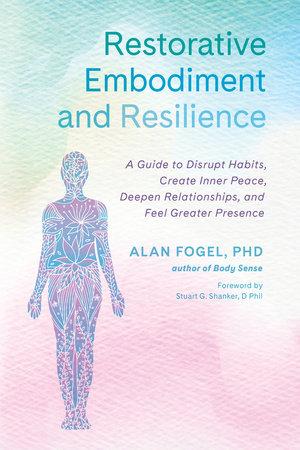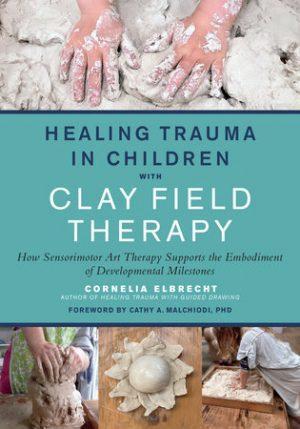Neurological assessment from birth to age 6
0,00 €
| Language of origin | |
|---|---|
| Publication date | |
| Infos : | 208 pages |
2nd edition
How to keep it simple in clinical neurology of the first years of life? Perinatal aggressions occur on a rapidly developing brain. The neurological expression of these pathologies is therefore changing, particularly in the neuromotor domain, during the first two years. Therefore, precise benchmarks are needed to help the clinician identify possible deviations at each stage of development.
To do this, we proposed in a first edition published in 1998 a single instrument applicable from birth to 6 years, with a technical repertoire, coding instructions, responses according to age and an evaluation grid. After 10 years of using this instrument in clinical research, the content of this second edition has been enriched:
- The results obtained made it possible, at the corrected age of 2years, to identify the spectrum of neuromotor anomalies ranging from incapacitating cerebral palsy (IMOC) to more minor signs;
- This categorization showed significant correlations with brain function assessed at both preschool and school age. Neurological anomalies, even minor ones, serve as a guideline to affirm the organic nature of certain learning disorders.
This screening instrument allows the early implementation of intervention strategies. It is also proving increasingly useful in the evaluation of perinatal practices within the framework of regional networks of integrated services.







